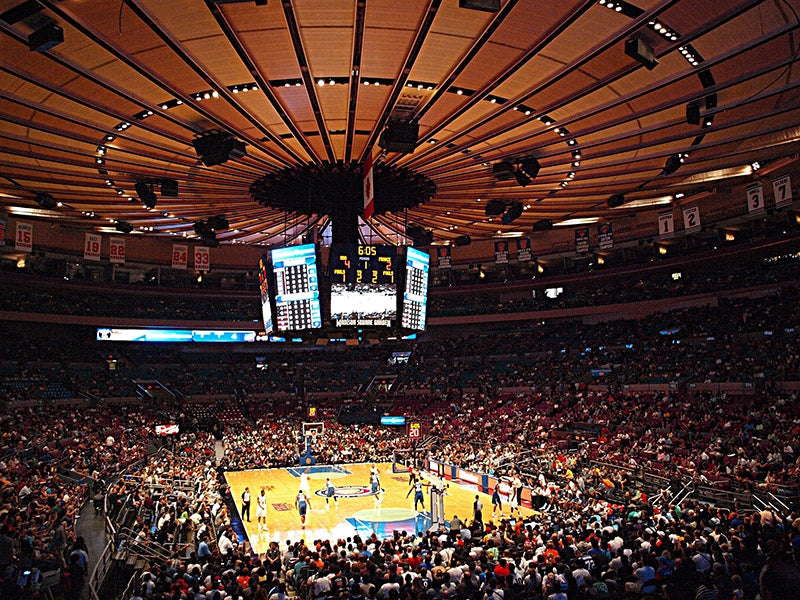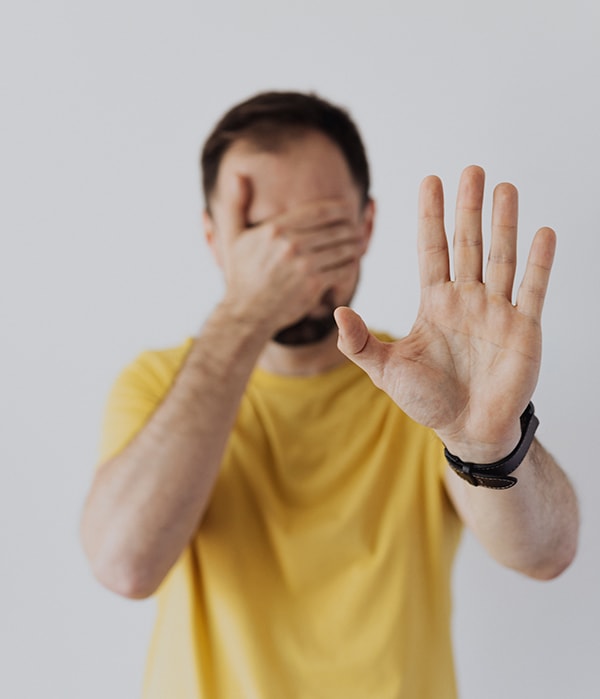Can an artist really stop the use of their songs by politicians?
As an artist and manager of the band Twisted Sister, whose music is recognized and sold around the world, I would like to bring some clarity regarding the use, and lack of control by an artist, of songs played at political rallies in the US. It is especially hard to admit that, in truth, there is nothing we can legally do (see below) to stop the use by politicians many of us really dislike.
Oh sure, you see the headlines: “so and so just threatened to sue so and so for using their hit song at political rallies.”
It makes for good theater.
It makes for good headlines and “gotcha” soundbites.
It makes the artist sound empowered.
It creates the narrative that the artist can control the situation.
Here is the truth: If the venue that the music is playing in, say, an auditorium, arena or stadium, and these venues pay yearly performance rights fees to either ASCAP (American Society of Composers, Authors and Publishers), BMI (Broadcast Music, Inc.) or SESAC (originally the Society of European Stage Authors and Composers). The constant theme running through all of these organizations is that they represent the creators – meaning the writers and composers – not the performers of music.
Going back decades, these powerful organizations and their respective political lobbies convinced Congress that the recording artist benefits from record sales and live (touring) performances and they should be grateful that their music is played (for free) on radio, TV and other outlets so they don’t need to be paid! (FYI, these organizations also make money from the touring artist, as the venue where the artist performs has to pay performance licensing fees so that the artists can perform their own music!)
Meanwhile, these organizations managed to induce venues like bars, theaters, nightclubs, arenas and later on, stadiums, to pay money every time recorded music is played. This is one of the many bones of contention that exists between the performers and the rights organizations, which is the subject of another essay for another time.
So, as of this writing, venues have unfettered use (as long as they pay licensing fees) of any of the songs in the ASCAP, BMI and SESAC catalogs (currently these three organizations have about 80 million songs registered).
When you go to a sporting event or a concert hall and hear a song over the PA system, chances are that song is very well known. Did you know that by law, the artist who is singing and/or playing that song gets paid zero, zilch, nada, nothing! That is by an act of Congress! This little tidbit really confuses people and even my family members and friends, who regularly send me texts at these kinds of events when they hear our band’s songs and assume that we must be getting paid.
 Madison Square Garden, New York, typical of a venue that would pay music licensing fees. Courtesy of Wikimedia Commons/Emmanuel Milou.
Madison Square Garden, New York, typical of a venue that would pay music licensing fees. Courtesy of Wikimedia Commons/Emmanuel Milou.
Public performance use through the licensing process pays the writer and publisher, but not the artist. Not only that but no one, not the artist, writer or publisher, has any say as to who can use the music. To be clear: no one can legally stop the use of a song in any venue that pays public performance use fees when the music is used in this manner.
End of story.
But wait…what about all those threatening lawsuits to stop the use of a song played in licensed venues by someone or some organization that the artist(s) hate?
So, what can an artist do?
The first response is to have a publicist send out a threat on the artist’s behalf that the artist will take legal action.
Hopefully, this gets picked up on every imaginable media platform within hours (if not minutes!).
It’s all for show. Period.
Can this backfire against the artist?
The political landscape ain’t what it used to be compared to, say, the 1960s. Back then an artist could say they hated President Nixon or the Vietnam War and there was nearly universal acceptance of such a sentiment by their fan base. Back then, the anti-war “Fish Cheer” (look it up on YouTube if you’re not of a certain age and remember it) used by the San Francisco band Country Joe and the Fish was screamed by everyone attending their performance before the band went into their popular protest song “I-Feel-Like-I’m-Fixin’-to-Die-Rag” at music festivals around America in the late ’60s.
Back then, it seemed, the fan base all hated the war, Nixon and racism.
This was the protest era where songs like “Eve of Destruction,” “The Times They Are-a Changin’,” “War,” “We Shall Overcome,” and “Blowin’ In The Wind” were huge cultural hits, and the phrase “don’t trust anyone over 30” was a common bond.
These days, however, there is a good chance that no matter where you fall on the political landscape, once you stake out a position either supporting or critical of a politician, you will most likely anger 50 percent of your fan base!
That being said, when they fall under a cloud of publicity from an artist, the politician usually stops the use of the song (with rarely ever a comment) so as to not have any extra negative publicity brought to the campaign, and the artist, in turn, calculates the blowback.
If you can’t do it legally, then just scream!
I only wish, one day, an artist simply says this:
“While I can’t legally stop you from using my song, I do not support your beliefs, as they are contrary to everything I/we stand for, so stop exploiting my music for your political gain!” — minus the histrionics.
In other words, the artist should say, “we’re not gonna take it! So…STOP!
Header image courtesy of Pexels.com/Karolina Grabowska, cropped to fit format.



